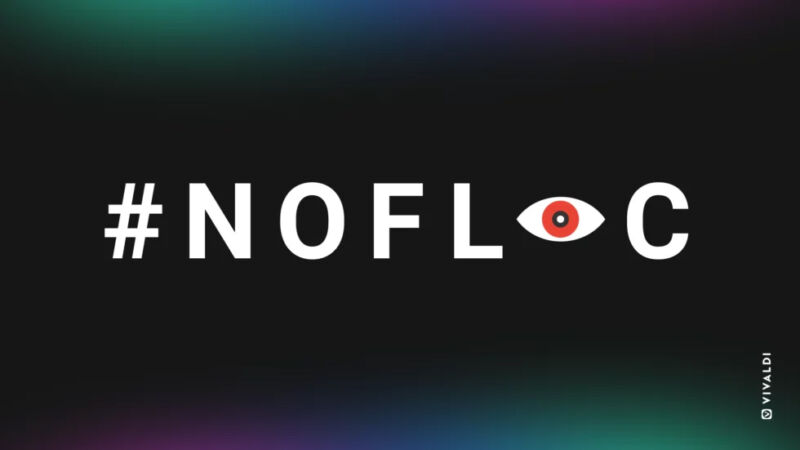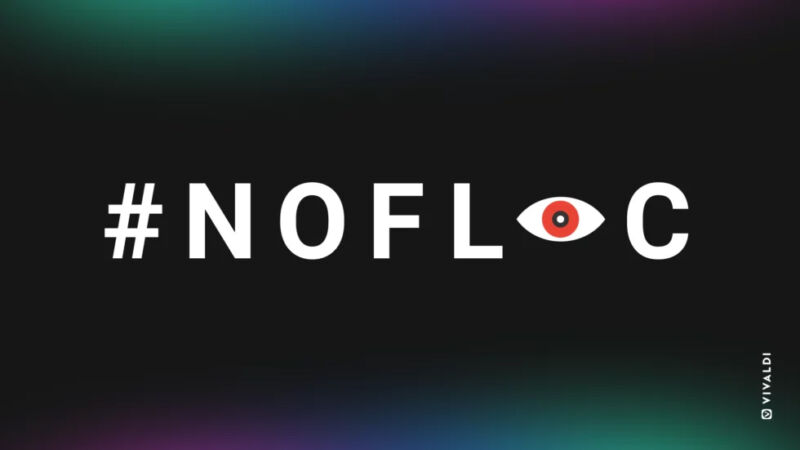
Enlarge / World Health Organization (WHO) Director-General Tedros Adhanom Ghebreyesus (credit: Getty | Fabrice Cof)
The head of the World Health Organization on Monday dampened optimism that the pandemic will subside in omicron’s wake, noting that global conditions are still ideal for the emergence of new variants.
“There are different scenarios for how the pandemic could play out and how the acute phase could end,” Director-General Tedros Adhanom Ghebreyesus said at a WHO executive board meeting Monday. “But it is dangerous to assume that omicron will be the last variant or that we are in the endgame. On the contrary, globally, the conditions are ideal for more variants to emerge.”
Many US experts and officials have expressed cautious hope that the towering omicron wave could signal the final throes of the pandemic. In this beatific vision, the country will see a lull in transmission after COVID-19 cases peak and decline. With at least 15.8 million people infected just since the start of this year, the ultratransmissible variant is significantly boosting collective immunity across the US, which already has 63 percent of the population fully vaccinated.









